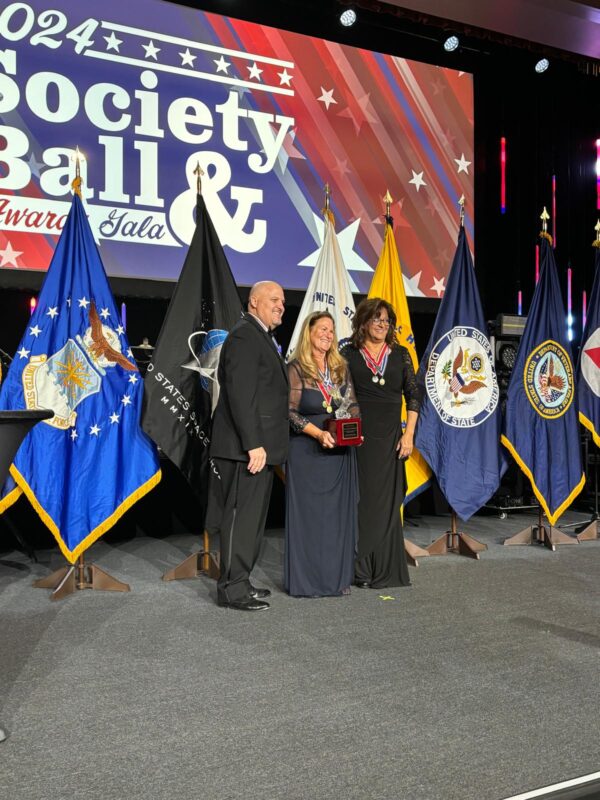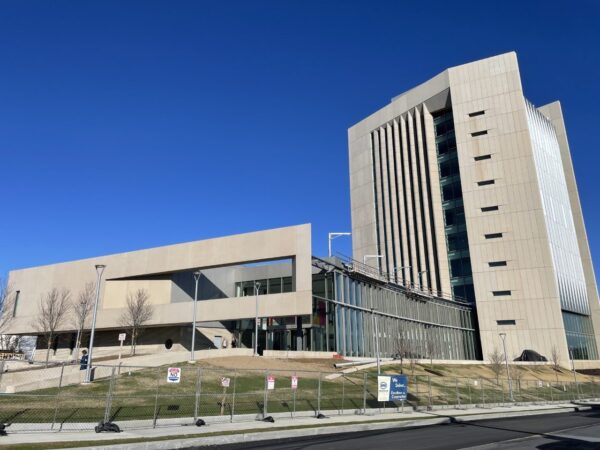
July 15, 2024 | Articles
Construction’s Digital Transformation & The Tools of Modern Project Management

Hill International’s growing expertise of providing project and construction management services for building new or renovating iconic hotels, has gotten even bigger with the company once again leaving its footprint once again in Egypt. In 2016, Hill successfully completed the Steigenberger hotel at the Tahrir Square that was the staging ground for the historic Arab Spring in 2011. “Our scope of work for the project was the new construction a two-buildings complex,” said Hill’s senior vice president of North Africa, Waleed Abdel Fattah. The first was the hotel, with the other being an office building constructed at the triangular intersection of Champollion Street and Kasr El-Nile Street in Tahrir Square area, he said. The gross built-up area for the hotel was about 23,132 square meters and for the office building it was 16,320 square meters, including basement floors. The Steigenberger hotel is a four-star facility with underground parking structure that consists of a two-storey basement and a 12-storey concrete structure which offers 295 furnished rooms and suites. Hill’s work on the project – which is ideally located at the heart of Cairo down town and within walking minutes to the Egyptian Museum, Khan El Khalili and the Arab League building – started in October 2010 with the award of the PM contract.
The number of personnel that Hill put on the project was three, with another three ‘supplementary’ man power, Abdel Fattah said, noting several challenges had to be overcome to successfully deliver the facility. “The design phase was out of scope of our contract. Yet there were several shortcomings that had to be dealt with. Dispute with contractors had to be settled by contract administrators on the spot and not postponed until the project end. This lead to healthy project progress,” he said. Also, a big concern was quality control and since the start of construction, Hill International implemented a ‘do it right first time’ policy, Abdel Fattah noted. Lastly, for health, safety and environment (HSE), a zero-tolerance policy for main/sub contractors too was strictly implemented.
These challenges were probably dwarfed by another major obstacle: the Arab Spring, for which the Tahrir Square was the staging area for holding main and major protests. “The project’s location was in the middle of the events, as Egypt went through two ‘revolutions’ in January 2011 and June 2013. The political and civil unrest, impacted the planned and the actual completion timelines, as we had to deal with several issues. The protests and unrest, impacted many trades and activities,” Abdel Fattah pointed out, citing the case of concrete trans-mixers that were unable to reach the site, as one of the hurdles that the Hill team had to deal with. “We had to get special permission from the authorities so that the trans-mixers could arrive at the site after 12 midnight and up until 4 am or a maximum of 6 am. This resulted in reduced concreting activity hours. This restriction drastically affected the progress of construction work at the site,” he added.
Despite the challenges, work on the Steigenberger Hotel was completed in March 2016 marking yet another achievement for Hill International in Egypt. Last year, on the banks of the Nile river, another iconic hotel had been transformed with Hill International providing project and construction management services during the rehabilitation and conversion of the iconic Nile Ritz-Carlton. The hotel has been a Cairo landmark since it was built in 1959, with the building being the first international hotel constructed after World War II and built under a historic joint venture between the United States and the Egyptian government. It has since hosted dignitaries from throughout the world. The hotel had operated as a Hilton for more than 50 years, until its owner, Misr Hotels Company, signed a contract with the Ritz-Carlton, and plans began for the complete renovation of the facility in 2008. The renovation project included modernizing the existing 64,000-square-meter hotel while retaining its architectural and interior design legacy and historic characteristics. The project included renovating the existing main building, which included 331 guest rooms or suites, public areas and food and beverage facilities. Hill was hired to provide project and construction management services. Renovation work had already begun, but the project was undergoing several challenges, including disputes among the project team members. Hill stepped in and addressed the issues in dispute, recommended and implemented solutions, and got the project moving again.
The successful completion of the Steigenberger Hotel in Cairo will be the second such achievement with the same hospitality brand. Last year, renovation and modernization of the iconic Steigenberger Hotel in Cologne, Germany, was completed. The 21,340-square-meter hotel contains 305 modern rooms, as well as a new ballroom and meeting space, and a renovated bar and restaurant. While the hotel is a protected landmark in downtown Cologne and a popular Rhine destination, for Hill International its significance lies in the company’s ability to create ‘critical mass’ in delivering iconic projects in the leisure and hospitality sectors.
by Ashok Dutta
Share

July 15, 2024 | Articles
Construction’s Digital Transformation & The Tools of Modern Project Management

July 10, 2024 | Articles
GC/CM at Post Falls: Managing Avista’s North Channel Dam Rehabilitation Project

June 23, 2024 | Articles
Irv Richter – An Innovator, A Pioneer, A Leader (1944 – 2024)

June 14, 2024 | Articles
Environment of Care Standards – Meeting the Challenge (Part Two)

June 13, 2024 | Articles
PMO for Public Transit Project Success: The Reopening of Philadelphia’s Franklin Square Station

June 7, 2024 | Articles

May 17, 2024 | Articles
Hill Interim Federal Market Sector Leader Jane Penny Receives Golden Eagle Award

April 11, 2024 | Articles
A Model Move: Managing Move-In at the Sylvia H. Rambo U.S. Courthouse